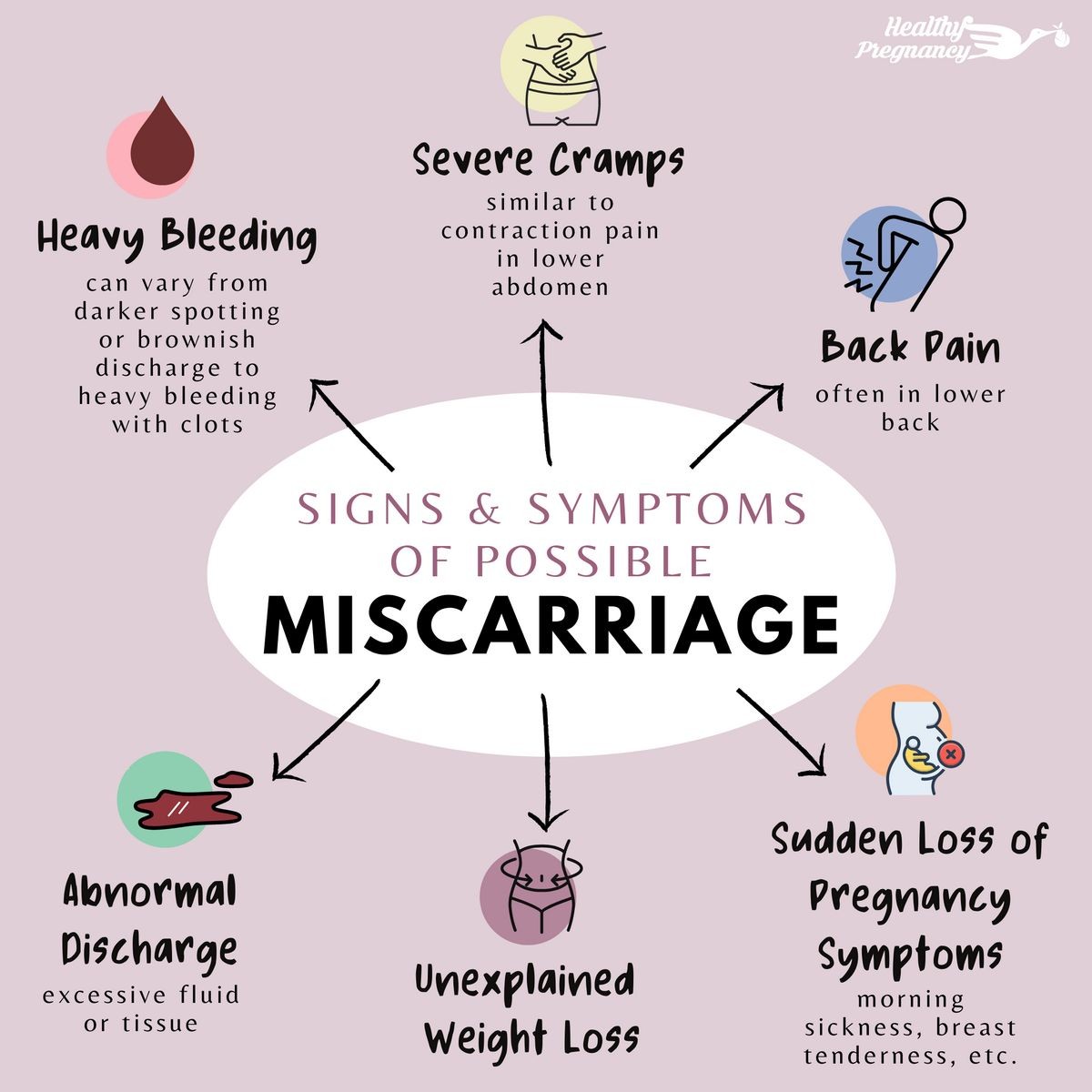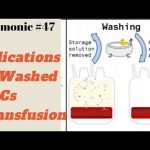
Contents
- 1 What Week Is the Highest Risk of a Miscarriage?
What Week Is the Highest Risk of a Miscarriage?
Early first-trimester pregnancy loss is defined as a nonviable intrauterine pregnancy with either an empty gestational sac or a gestational sac containing an embryo or a fetus without fetal heart activity within the first six to seven weeks of pregnancy. A miscarriage may occur if pregnancy fails to progress due to an empty gestational sac or lack of fetal heart activity. The incidence of a miscarriage in the first six weeks is as high as 31%.
- The risk of a miscarriage decreases by 10% after six weeks with established fetal heart activity.
Early second-trimester pregnancy loss or late miscarriages occur after 13 and before 20 weeks of pregnancy. The incidence of second-trimester pregnancy loss is less than 1%.
Stillbirth or fetal death: Pregnancy loss that occurs at or after 20 weeks of pregnancy or at a weight of 350 grams (about ¾ of a pound) or greater is generally referred to as a stillbirth or fetal death. The approximate rate of stillbirth in the United States is 6 per 1,000 live births and stillbirths.
What is a miscarriage?
About 10% to 20% of known pregnancies end in a miscarriage.
A miscarriage is the loss of a baby within the first 20 weeks of pregnancy. It is also considered a miscarriage when the unborn baby’s weight is less than 400 grams and the baby dies. About 10% to 20% of known pregnancies end in a miscarriage, with a potential for a higher figure. About 75% of women who have had three or four miscarriages will go on to have a successful pregnancy later.
A doctor or nurse may refer to a miscarriage as a spontaneous abortion. Abortion is a common medical name for all pregnancies that end before 20 weeks.
- If a miscarriage occurs in the first 12 to 14 weeks of pregnancy, it’s referred to as an early miscarriage.
- If pregnancy loss occurs after 14 weeks and up to 20 weeks of pregnancy, it’s referred to as a late miscarriage.
QUESTION
What are the common causes of a miscarriage?
Most early miscarriages are caused by abnormal chromosomes of the developing baby (fetus) in the womb, especially when the mother is older than 35. Women over the age of 35 who are having children are more likely to have a miscarriage. If the partner is older than 45, the mother is also at an increased risk. Below are a few other causes of a miscarriage:
- Smoking
- Consuming alcohol
- Using recreational drugs
- Consuming high amounts of caffeine
- Being overweight
- Maternal- or paternal-side reproduction problems
- Having fertility problems or taking a long time to conceive
- Having any abnormalities of the uterus or cervix
- Having certain medical conditions such as systemic lupus erythematosus
- Having uncontrolled diabetes mellitus
- Having particular infections such as German measles (rubella)
Factor V Leiden: This blood-clotting genetic mutation has been found to result in a lower live birth rate.
- Even after three consecutive miscarriages, more than 7 out of every 10 women will not have a miscarriage with subsequent pregnancies.
Other major and possible causes of a miscarriage include:
Chromosomal abnormalities are one of the major causes of a miscarriage. Other causes include:
- Maternal age
- Uterine abnormalities
- Hormonal irregularities
- Infections such as herpes, syphilis, or listeriosis
- Incompetent cervix
- Improper implantation of the fertilized egg in the uterine lining
- Blighted ovum
- Intrauterine fetal demise
- Molar pregnancy
- Translocation
- Septate uterus
- Asherman syndrome
Who is at a risk for a miscarriage? 18 Factors
18 Factors that may increase the risk of a miscarriage include:
- History of two or more previous miscarriages
- Over the age of 35
- Smoking
- Drinking alcohol
- Drug abuse
- Being exposed to harmful chemicals
- Autoimmune disorders such as systemic lupus erythematosus
- Obesity
- Hormonal problems such as polycystic ovarian syndrome
- Preexisting diabetes
- Thyroid problems
- Prenatal tests such as amniocentesis or chorionic villus sampling
- Caffeine consumption
- Congenital heart disease
- Severe kidney disease
- Severe malnutrition
- Radiation
- Certain medications such as Accutane
What are the signs and symptoms of a miscarriage?
Most women, especially during early pregnancy, will experience a miscarriage that is similar to heavy periods with slightly more cramping and bleeding than usual. It’s also common to have vaginal bleeding and pass large blood clots up to the size of a lemon. Heavy miscarriage bleeding can be scary or surprising, but it’s usually normal. Below are the common signs and symptoms of a miscarriage:
- Vaginal bleeding or spotting
- Dull lower back pain/pressure
- Cramping
- Changes to vaginal discharge
- Passage of larger-than-usual-size clots
- No longer experiencing pregnancy symptoms
Call the physician if you observe these symptoms of infection after a miscarriage:
If there is a fever or severe abdominal pain, the abortion may become septic. This condition is a medical emergency.
How is a miscarriage usually treated?
Once a pregnancy has ended, there is nothing that can be done to prevent miscarriage from occurring.
- Natural: Many women prefer to wait for the miscarriage to occur naturally. An incomplete miscarriage should happen within a week. A missed miscarriage may take longer to begin naturally.
- Medication: Women may prefer to take medication to ensure the miscarriage happens sooner rather than later. An incomplete miscarriage will usually be passed within six to eight hours of taking the medication. A missed miscarriage can happen quickly or may not happen for a few weeks. There are side effects that can occur with the medication, such as nausea and vomiting, chills, fever, and diarrhea. These effects usually only last for a few hours but can be distressing.
- Surgery: In rare cases, women need surgery to remove the pregnancy tissue. This may happen in the case of a missed miscarriage if there is severe bleeding and pain or if the patient’s preference is to avoid medication and they don’t wish to wait for a miscarriage to begin naturally. A surgery called D&C happens under general anesthesia and the surgery happens through the vagina. Like all surgical procedures, there are some risks involved such as infection, heavy bleeding, damage to the cervix, and risks associated with anesthesia.
Patients may also be advised to take:
- Tylenol (acetaminophen) for cramps
- Water for hydration
- A balanced diet that is high in iron and vitamin C. Patients may be low in iron because of blood loss. Foods rich in iron include red meat, shellfish, eggs, beans, and leafy green vegetables. Foods high in vitamin C include citrus fruits, tomatoes, and broccoli. Doctors may also prescribe iron pills or a multivitamin.
- Counseling in some cases
Subscribe to MedicineNet’s Pregnancy & Newborns Newsletter
By clicking "Submit," I agree to the MedicineNet Terms and Conditions and Privacy Policy. I also agree to receive emails from MedicineNet, and I understand that I may opt out of MedicineNet subscriptions at any time.
Medscape Medical Reference
Medscape Medical Reference


